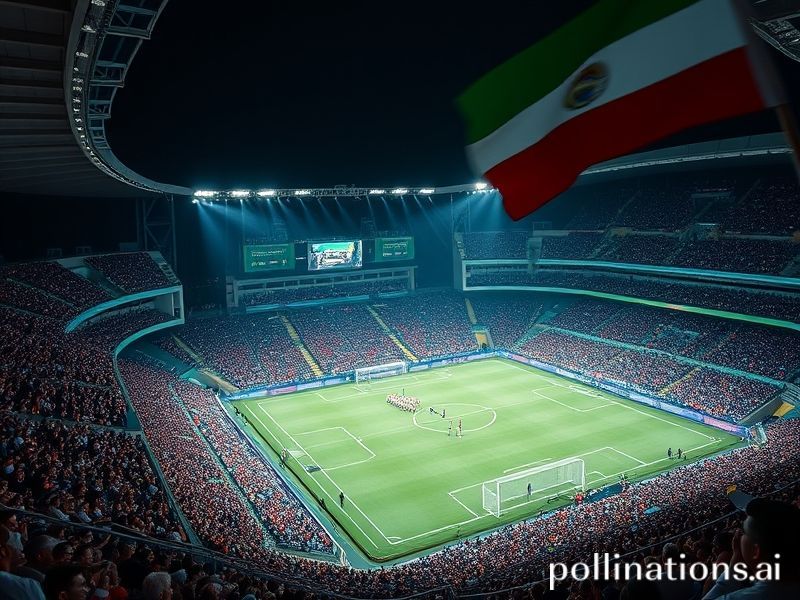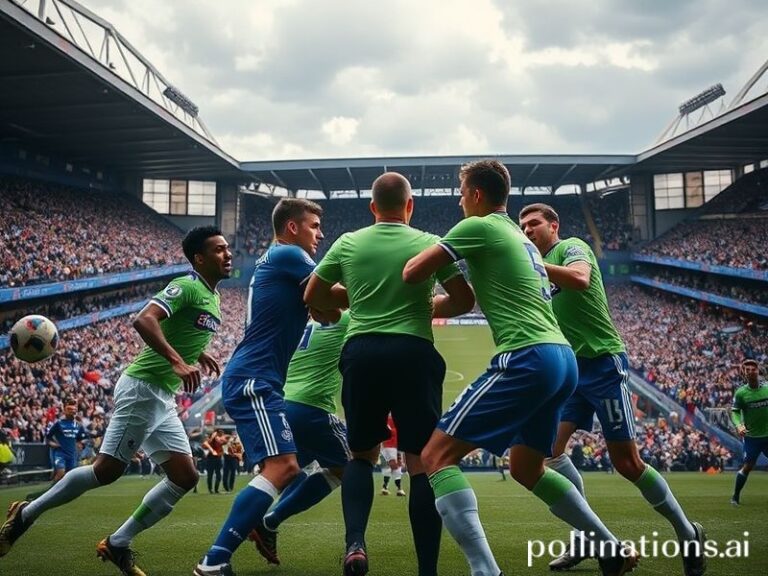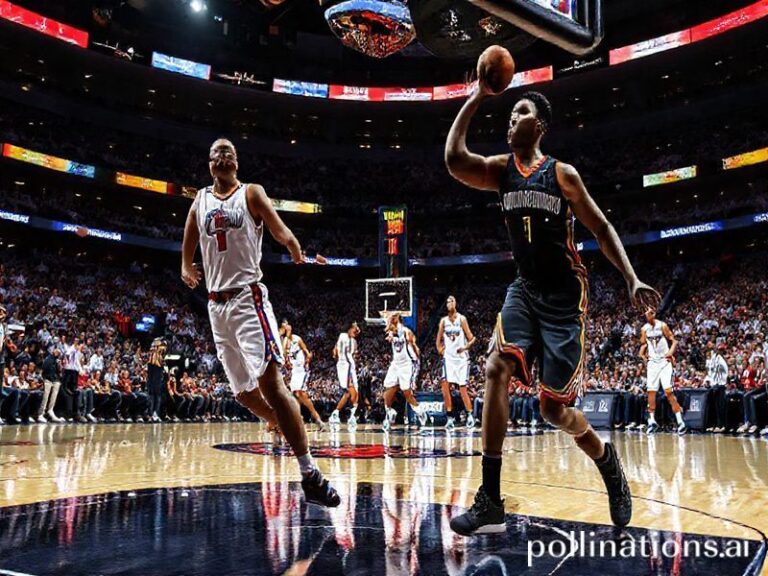São Paulo vs LDU Quito: When a Football Score Is Also a Credit Rating
SÃO PAULO—In a continent where inflation routinely outruns defenders and political scandals travel faster than through-balls, Wednesday night’s Libertadores grudge match between São Paulo FC and LDU Quito felt like a continental referendum on who still believes in tomorrow. The Morumbi, a 72-thousand-seat monument to Brazilian delusion, was only three-quarters full—apparently even hope has a ticket limit these days—yet the remaining faithful belted out the club anthem as if creditors weren’t circling the stadium like vultures over fresh roadkill. Final score: 2-1 to the Tricolor, enough to keep Brazilian hopes alive and Ecuadorian hearts on life support, which, if we’re honest, is the default cardiac setting for anyone still watching South American football in 2024.
Globally speaking, the fixture was a masterclass in late-capitalist metaphor: a cash-strapped Brazilian giant—think Disney with unpaid interns—against an Ecuadorian side whose entire annual budget equals what São Paulo’s accountants misplace in per-diem receipts. LDU arrived armed with the continent’s most reliable weapon: other people’s regret. Their last visit here, in 2022, ended with a 3-0 mugging so surgical Brazilians still check for scars. Revenge, like cryptocurrency, is best hoarded until someone richer notices.
The first half unfolded like a G-20 communique: lots of possession, zero conclusions. Every Brazilian touch drew a roar loud enough to drown out the rumor that club president Julio Casares had pledged future TV rights to pay last month’s electricity bill. Meanwhile, LDU’s Argentine manager, Luis Zubeldía—who looks like he hasn’t slept since the 2001 corralito—paced his technical area calculating how many more tackles he could afford before the team bus was repossessed.
Then, minute 53, international symbolism struck. São Paulo’s 19-year-old winger, a kid named Felipe who still lives with his mother, curled a shot that kissed the post before nestling inside the net. The stadium erupted in that particular South American euphoria that smells faintly of tear gas and overdue invoices. One country exhales; another updates its emigration spreadsheets.
LDU’s equalizer came via a Brazilian-born striker, José Angulo, who chose to play for Ecuador after discovering Brazil already had 47 better strikers and zero available bureaucrats. His cool finish was a reminder that identity, like debt, is transferable if the interest rate is attractive enough. 1-1, and the continent’s self-esteem wobbled on its axis.
Yet the cruelest joke arrived in stoppage time. São Paulo’s veteran midfielder, a 34-year-old named Pablo Maia, scored a header that simultaneously qualified his team for the knockout stage and postponed his own rumored sale to the Saudi league. Nothing captures modern football quite like a last-minute heroics accelerating both sporting salvation and export logistics.
What does it mean, beyond 22 salaries and one battered ball? For the global viewer—streaming on some fly-by-night platform that freezes whenever the referee breathes—the game was a pixelated reminder that South America still exports drama the way Europe exports austerity. Every tackle echoed trade negotiations; every dive mirrored a sovereign default. The winners advance to face Argentina’s Estudiantes, another institution whose trophy cabinet is worth marginally less than its court settlements.
Meanwhile, LDU fly back over the Andes carrying the continent’s oldest cargo: legitimate grievance. They will land in Quito where the government, fresh from swapping dollar reserves for Chinese trains, will greet them with the traditional consolation prize: a press release about “national pride” and a tax audit.
The broader significance? In a year when the planet records its hottest day, twice, and AI begins writing resignation letters for middle managers, the Morumbi still managed to convince 55,000 people that the shape of a ball crossing a line matters more than the credit rating their grandchildren will inherit. That’s not sport; it’s eschatology with nachos.
And so the Libertadores rolls on, a tournament named for liberty but financed by payday loans, offering the kind of hope that fits neatly into a 90-minute window—just long enough to forget the currency devaluation scheduled for Monday morning. As the fans filtered into São Paulo’s neon night, one could almost hear the continent’s collective shrug: at least someone, somewhere, still keeps score.







